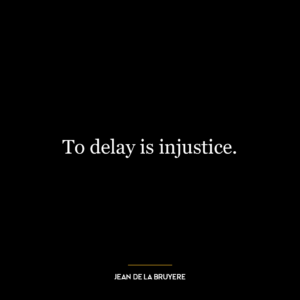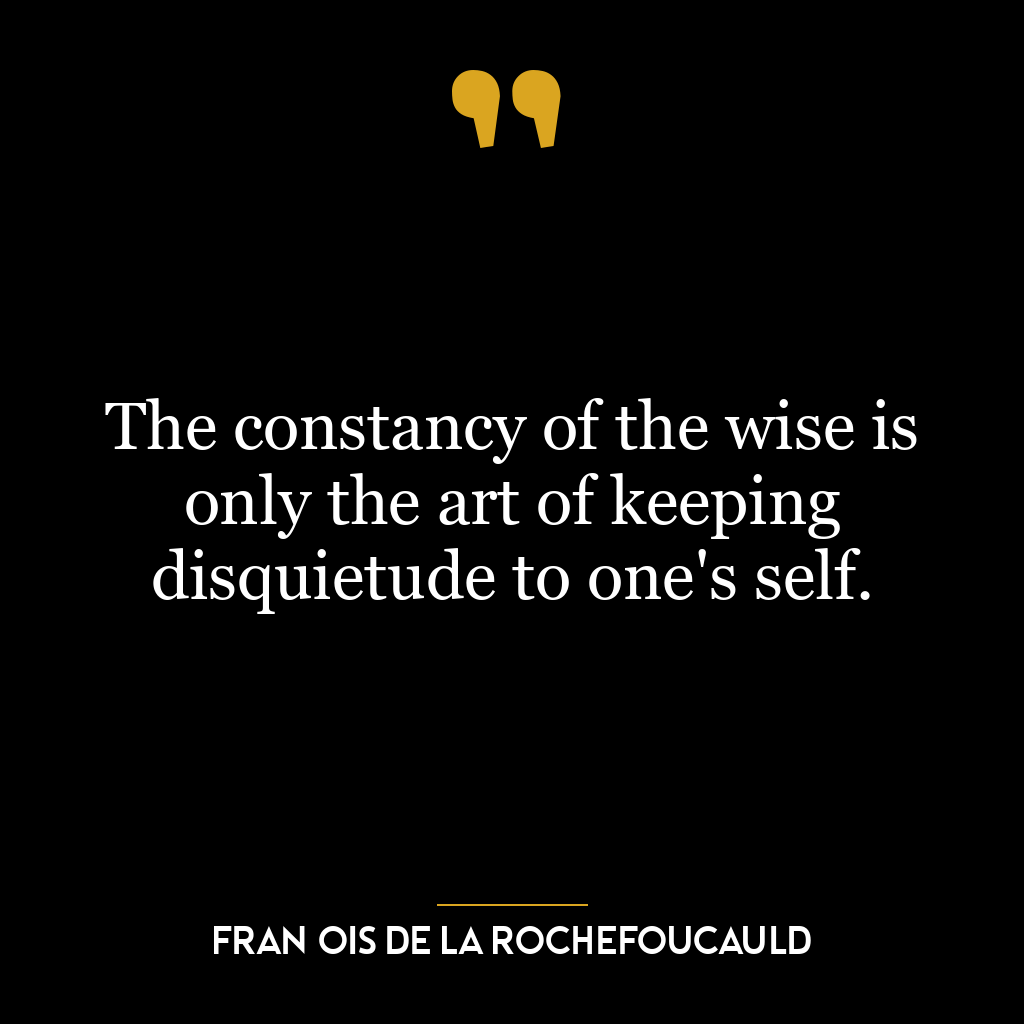This quote is about self-governance and the concept of control. It suggests that a wise person neither allows himself to be controlled by others nor does he seek to control others. This is essentially advocating for personal autonomy and mutual respect.
The first part, “a wise man neither suffers himself to be governed,” implies that a wise person maintains his own autonomy and doesn’t allow others to dictate his thoughts, actions, or decisions. He values his freedom, and understands that his life is his own responsibility. This doesn’t mean he rejects advice or guidance from others, but rather he critically evaluates it and makes his own decisions.
The second part, “nor attempts to govern others,” suggests that a wise person also respects the autonomy of others. He doesn’t try to control or manipulate them, understanding that everyone has their own path to walk and decisions to make. This reflects a deep respect for individuality and freedom.
Applying this in today’s world, it suggests the importance of personal responsibility and respect for others’ autonomy. In personal development, it encourages us to take charge of our own lives, to make our own decisions, and to learn from our own mistakes. It also encourages us to respect others’ rights to do the same, to allow them the space to grow and learn in their own way.
In a broader societal context, it discourages the concentration of power and control, advocating instead for a more egalitarian approach where everyone has the right to self-determination. It suggests that a wise society is one where everyone has the freedom to govern their own lives, and where everyone respects each other’s right to do so.















